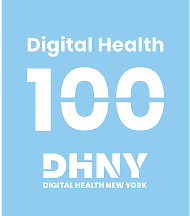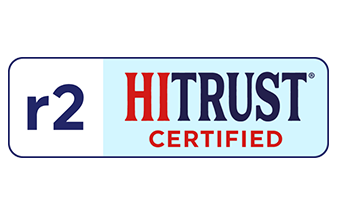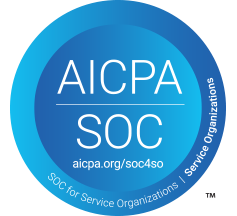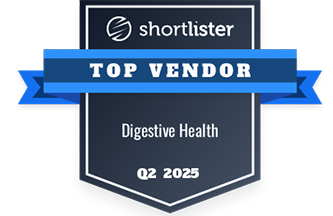Gastroesophageal reflux disease (GERD) is one of the most common digestive conditions, affecting about 20% of the US population and one of the most misunderstood. In this Clinical Spotlight series, we sat down with Dr. Amit Ahuja, head of gastroenterology at Cylinder, to unpack common myths, share practical strategies, and spotlight how virtual-first care can help patients get relief faster.
Myth-busting GERD: what most people get wrong
According to Dr. Ahuja, many people mistakenly think that any instance of heartburn or regurgitation means they have GERD. But it’s not that simple.
“Heartburn is a nonspecific symptom. It can be caused by true GERD, but also by things like reflux hypersensitivity or functional heartburn,” says Dr. Ahuja. “Up to 50% of people with these symptoms and a normal endoscopy may not actually have GERD.”
Other common misconceptions:
- A response to proton pump inhibitors (PPIs) doesn’t confirm GERD.
- GERD doesn’t always lead to complications like Barrett’s esophagus; most cases are nonerosive and won’t progress that far.
- Trigger foods aren’t the only factor; lifestyle issues like obesity, tobacco use, and genetics often play a bigger role.
Why early, remote care works
GERD is manageable, but catching it early makes a real difference. And virtual care can accelerate that process.
“Remote care allows us to start symptom management right away, often through simple lifestyle changes and education,” Dr. Ahuja explains. “We can also begin medication if needed, which helps prevent long-term complications.”
At Cylinder, this is core to how we work: fast, remote access to GI-trained clinicians who can guide members to the right level of care from day one.
Small changes, lasting relief
When it comes to lifestyle changes, Dr. Ahuja has seen the biggest impact from:
- Eating smaller meals
- Avoiding food within two hours of sleep
- Limiting caffeine, alcohol, and tobacco
- Losing excess weight
These changes are even more powerful when supported by tools like food tracking and health coaching. “Tracking helps members spot their personal triggers. Coaching helps them stay consistent. And education gives them the ‘why’ behind every step.”
When to escalate and when not to worry
Not everyone needs medication. And most don’t need invasive testing.
But Dr. Ahuja is clear about when more care is needed:
“If someone has symptoms like trouble swallowing, unexplained weight loss, or bleeding, they need in-person evaluation. The same goes for those whose symptoms don’t improve with optimized treatment.”
For everyone else? A thoughtful virtual care plan is often enough.
A real-world example
One of Dr. Ahuja’s recent patients had severe reflux, drank multiple cups of coffee daily, and was overweight. He didn’t have any alarm symptoms, so they skipped the endoscopy. Instead, Dr. Ahuja recommended dietary changes, weight loss, and a short course of omeprazole.
“Within weeks, his symptoms improved significantly. We were able to reduce his medication with a goal to stop it completely.”
You don’t have to manage GERD alone
If you’ve been trying to manage reflux symptoms on your own, Dr. Ahuja has a simple message: “You’re not alone. GERD is common, and you deserve support that works.”
That’s where Cylinder comes in. Our platform connects members with GI doctors, registered dietitians, and health coaches to create a personalized, sustainable plan. Whether you need help identifying triggers or adjusting medication, we’ve got your back.
A better way forward
“People often think GERD means a lifetime of medication,” says Dr. Ahuja. “But with education, lifestyle support, and the right clinical guidance, many people can manage it effectively, without long-term meds.”
Virtual-first care makes this kind of support more accessible. No waiting rooms. No unnecessary testing. Just the care you need, when you need it.







